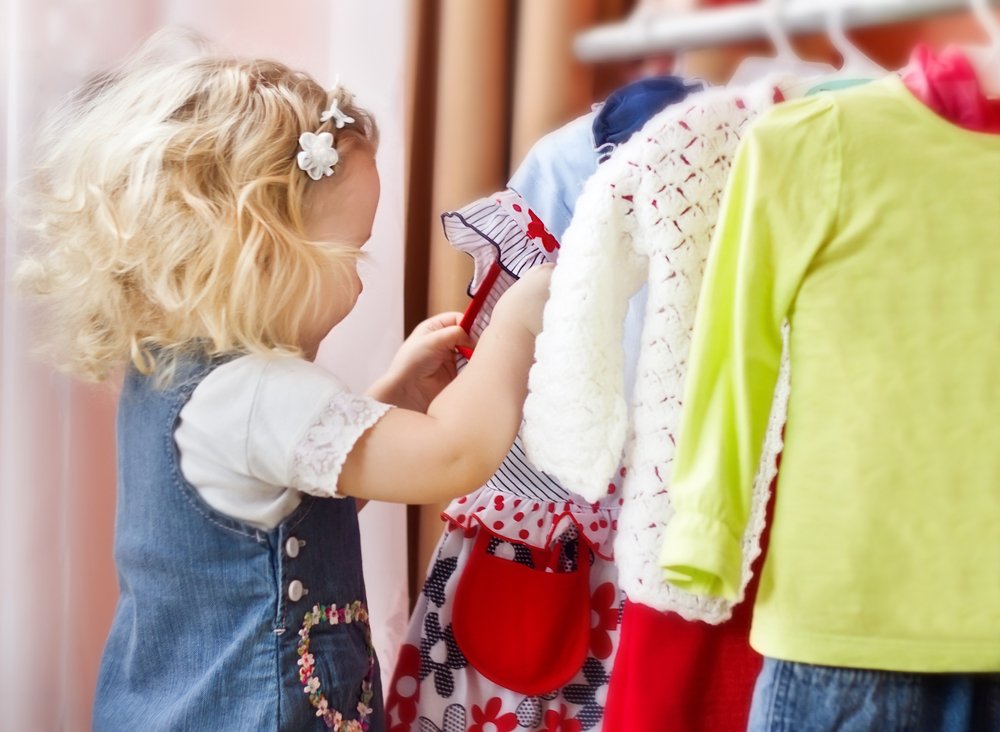
My little one wants to choose what to wear
Key points: Preschoolers express a need for independence, often visible in clothing choices. Allowing children to choose their clothes promotes safe self-expression and…
Discover the key milestones of physical, cognitive, linguistic and socio-affective child development and understand the science behind child development.
Discover the key milestones of physical, cognitive, linguistic and socio-affective child development and understand the science behind child development.

Key points: Preschoolers express a need for independence, often visible in clothing choices. Allowing children to choose their clothes promotes safe self-expression and…

Key points: Lying is a normal behavior for preschoolers as they learn social and emotional skills. Preschooler lies are often not malicious and…
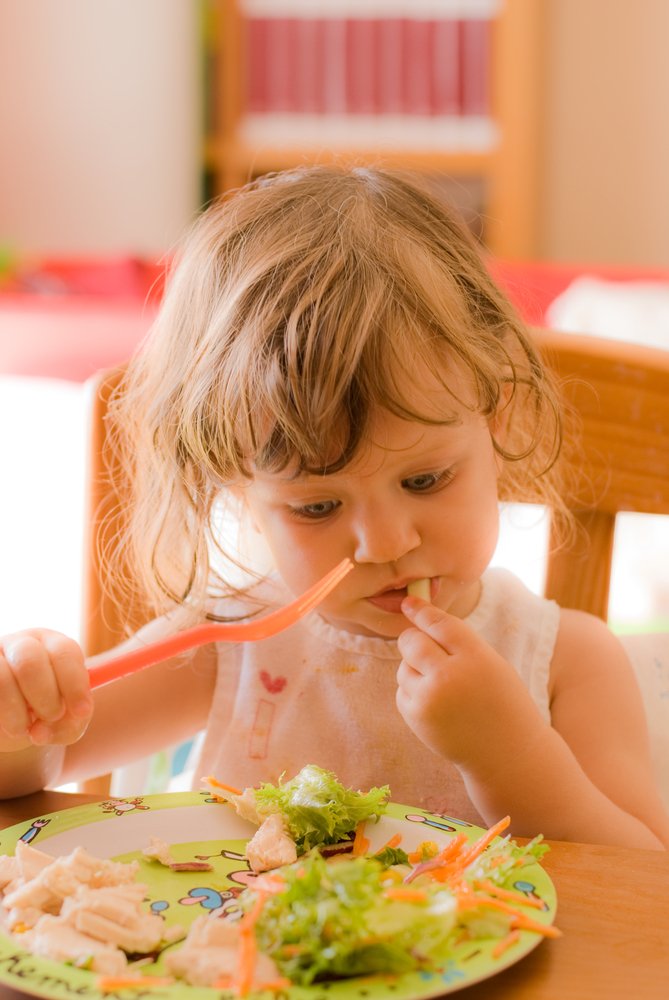
Key points: Encourage pouring liquids using a cup from a pitcher. Support using fingers and hand to handle a fork and pick up…
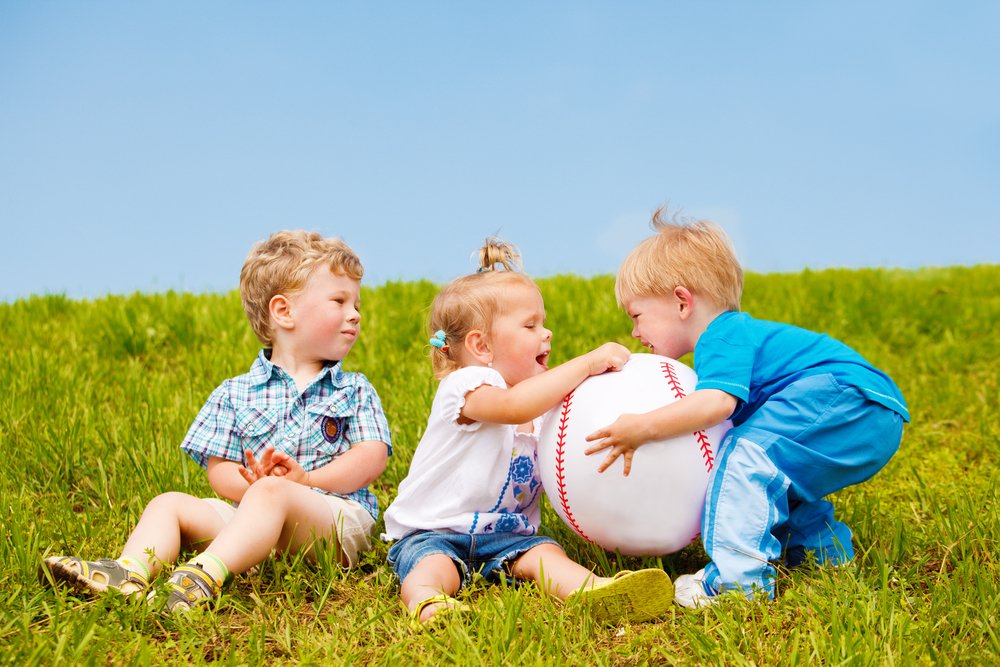
Key Points: Occasional conflicts between toddlers are normal and vital for socio-emotional development. Tips for conflict management include positive role modeling, encouraging cooperation,…

Key Points: Some research shows that parents spend less than 40 minutes daily in conversation with their child, emphasizing the need for effective…

Key Points: It’s possible to raise a responsible child as early as 3 years old by assigning simple and safe household chores that…

Key Points: Around 36 months, children reach a significant stage in social and emotional development, demonstrating increased interest in interacting with peers, improved…
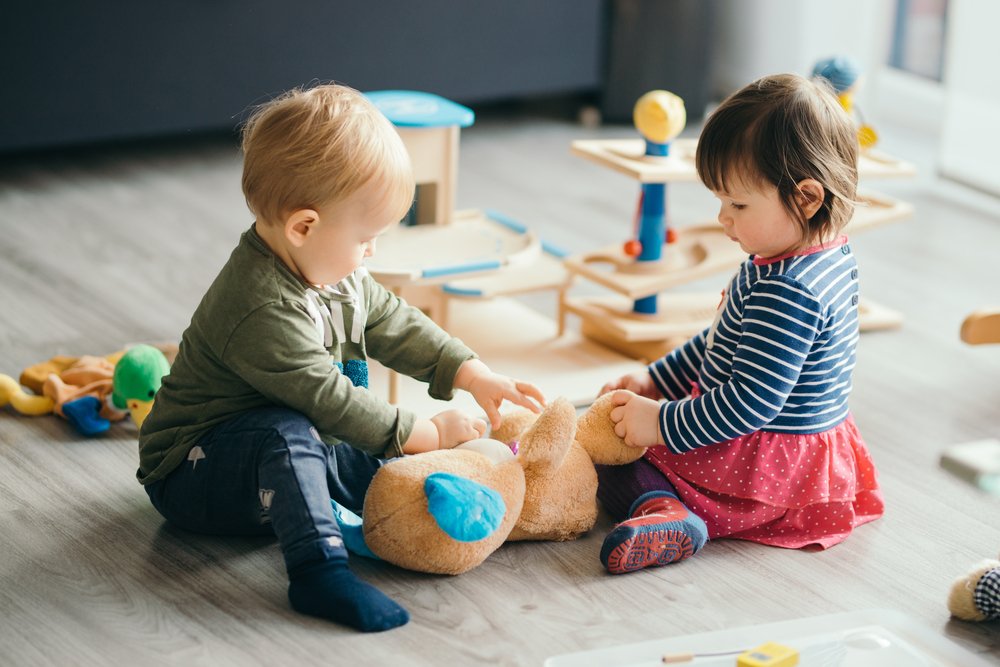
Key Points: Interacting with peers is crucial for social and emotional development, helping children learn social skills such as sharing, taking turns, cooperating,…

Key Points: Independent feeding involves more than just muscular strength; it heavily relies on a child’s visual-spatial ability to process the location of…
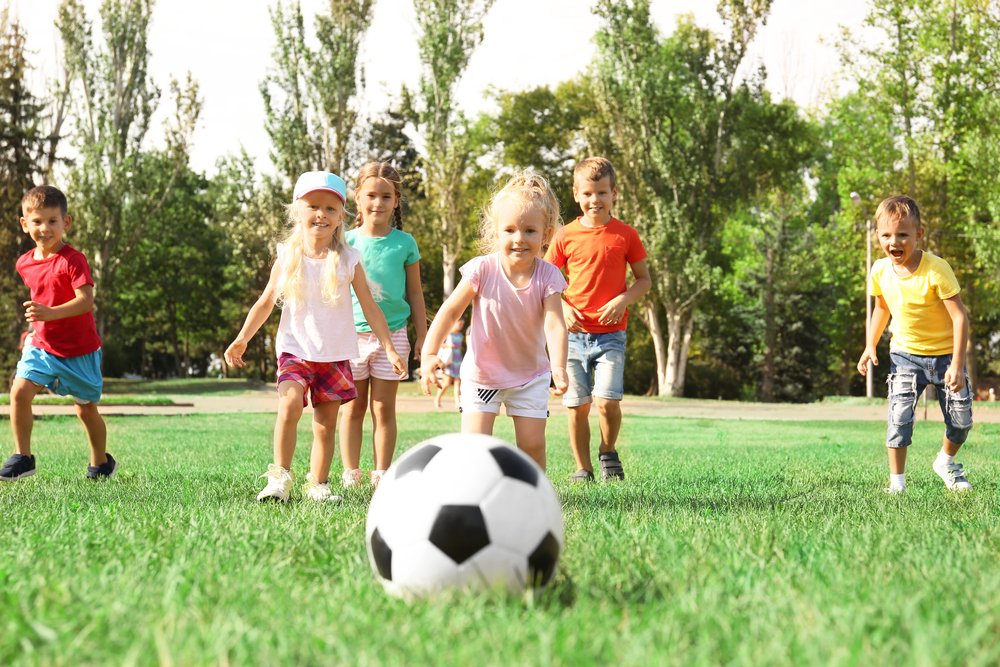
Key Points: Daily physical activity, recommended by organizations like the American Academy of Pediatrics, provides emotional benefits for children, including stress relief and…

Key points: It is normal for children to have imaginary friends, and this type of pretend play is healthy and common. Imaginary friends…
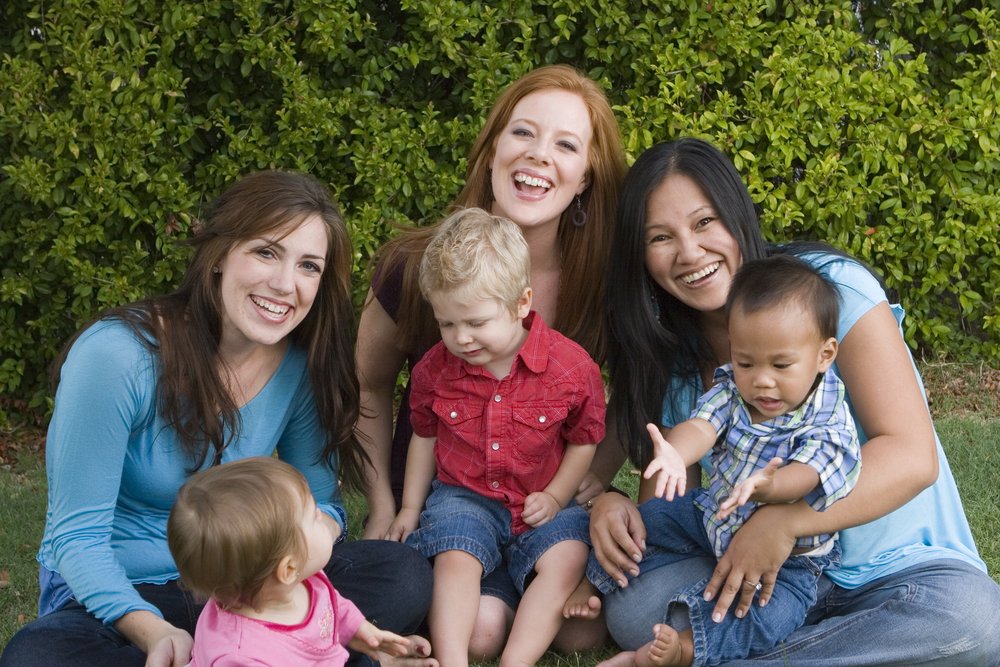
Key points: Playdates provide important opportunities for children to practice and develop social and emotional skills alongside their peers. To make playdates successful,…

Key points: Toddlers and pre-kindergarten children often inadvertently behave in ways that are not kind to animals, but early education about kindness to…
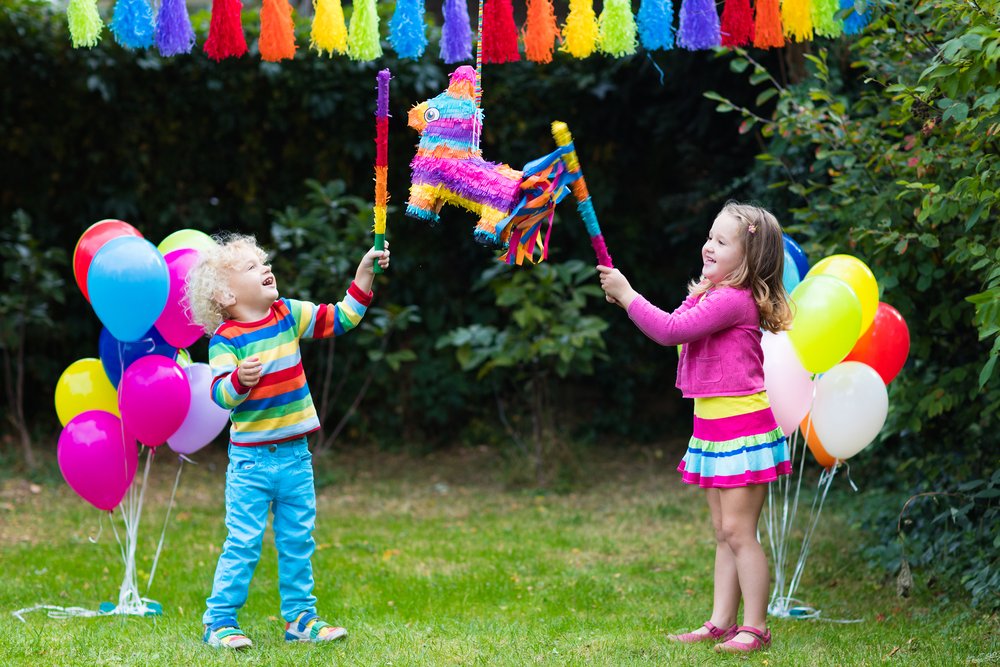
Key points: Celebrating a toddler’s birthday should be simple and fun, with minimal fuss. Guest lists should consist mostly of well-known and liked…

Key points: Eating out with a young child can be challenging due to the unfamiliar environment and sounds of busy restaurants. Planning ahead…

Key Points: 1. Self-control and self-regulation are essential skills that children develop from birth and throughout their lives. These skills are critical for…

Key Points: Deferred imitation is the ability of children to reproduce actions they’ve observed after a delay, offering insights into memory development and…

Why do, all of a sudden, adults become fluent in “motherese” or baby-talk when there’s a baby in the proximity? Key Points: 1….
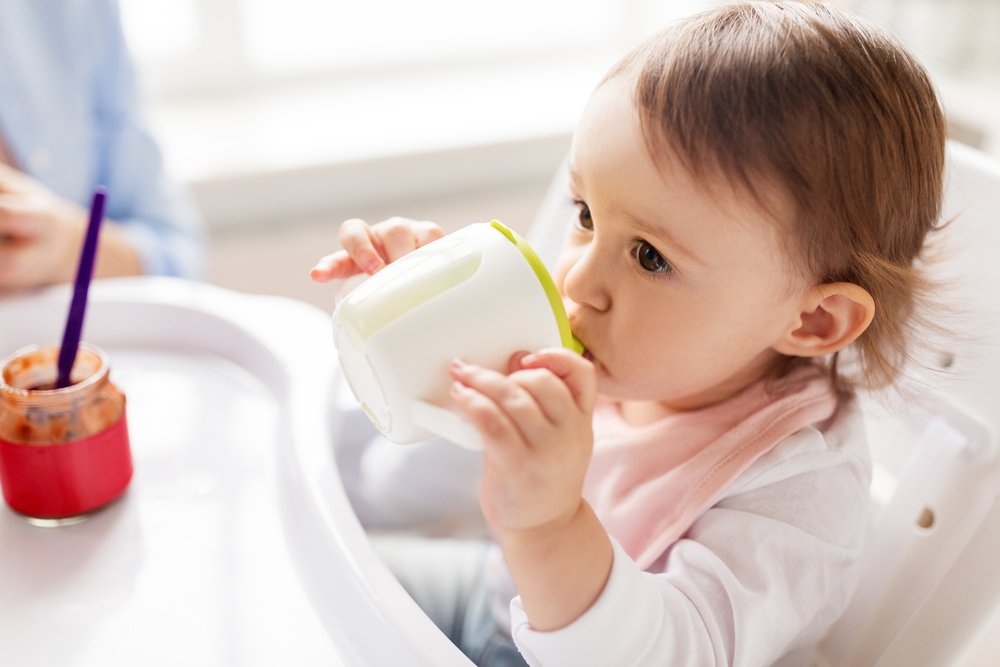
Why is it a big deal to let go of the bottle and finally welcome the cup? Key Points: 1. Transitioning from the…

Chances are you’ve come across the terms babywearing, baby carrier, or baby wrap, as these seem to have taken over social-media feeds, parenting…

Key points: 1. Allow your child to fidget to help them focus. 2. Outdoor activities boost attention and impulse control. 3. Calming music…